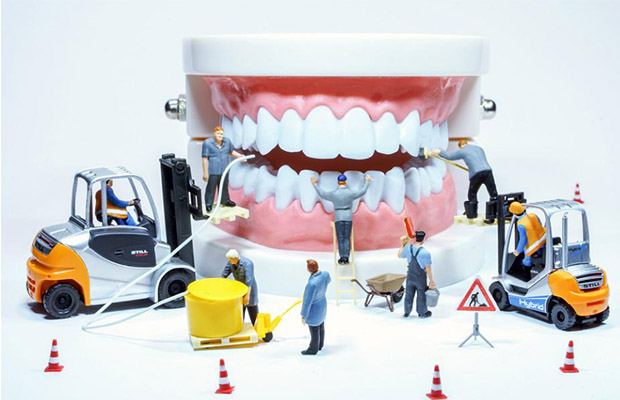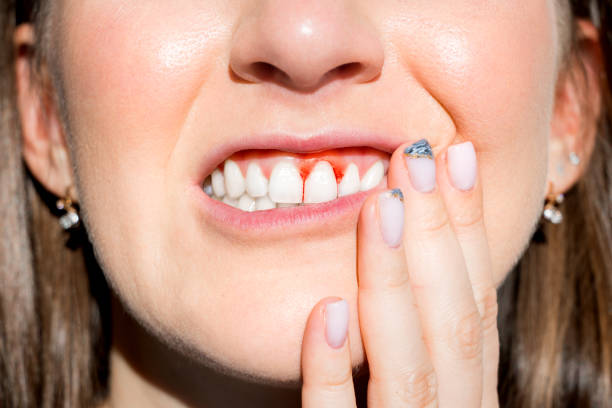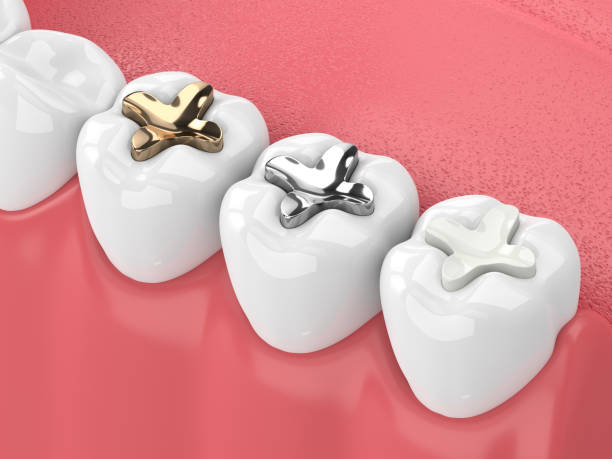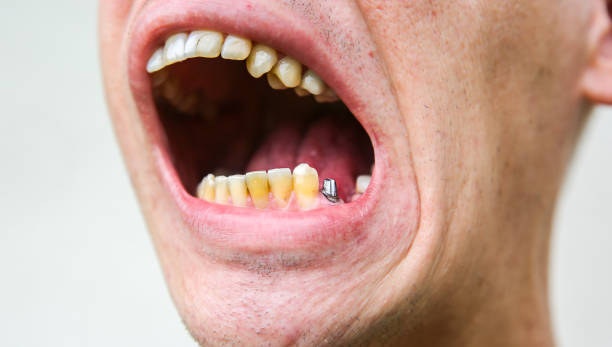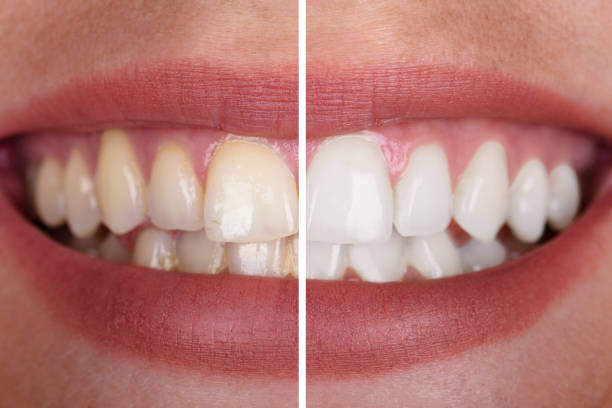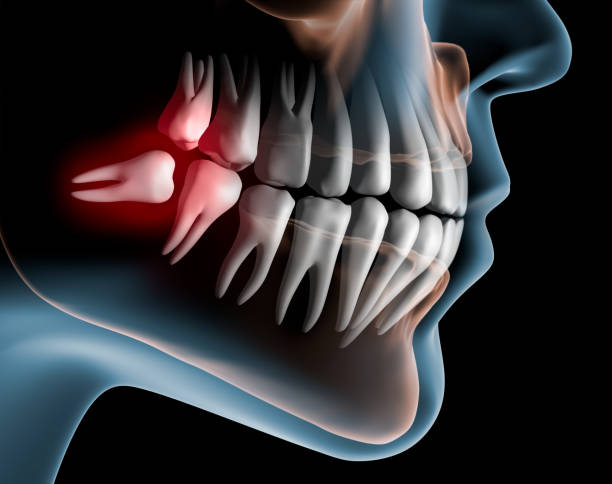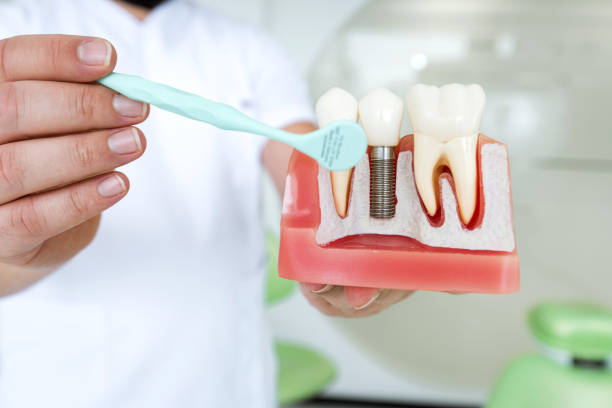You’re not the only one who occasionally gets an ice craving, especially the desire to crunch it with your teeth. We have all done this before, especially when sipping a cold beverage on a hot day. But is it dangerous to chew on ice?
In order to protect your teeth’s enamel, which acts as a barrier against tooth decay, you should avoid chewing ice. Chewing ice can have a number of negative effects on your oral health and even require a costly visit to the dentist or orthodontist. These are some of the actual harm that chewing ice causes.
Table of Contents
Why We Like Chewing Ice?
We must first comprehend the motivation behind why people chew on ice so frequently. There are a lot of different reasons why someone might start developing a habit of chewing ice. These are the main underlying conditions, according to a Medical News Today article, that makes us crave ice:
- Stress and emotional issues – To relieve tension or stress, chewing on something may be calming.
- OCD – Chewing ice can be a good way for someone with obsessive thoughts to get relief from those behaviors.
- Anemia – Anemia, or iron deficiency as it is more commonly known, is a condition that frequently forces its sufferers to chew ice, though no one is exactly sure why.
- Dehydration – An individual may desire to chew ice to cool off if they are constantly thirsty or have a dry mouth.
There are additional factors and ailments, some of which are more serious than others. However, the most frequent causes of the urge to chew ice frequently have underlying symptoms that can be treated.
Why Chewing Ice Bad For You?
Eating ice exposes your teeth to the risk of damage, just like chewing on any hard food. Even though the practice may be refreshing, ice chewers should think about giving it up for three main reasons:
1. Tooth enamel may be damaged. When you chew ice, you run the risk of weakening or breaking down your tooth enamel, which is the tough outer layer that covers your teeth’s sensitive inner surfaces.
“According to Shahrooz Yazdani, DDS, of Yazdani Family Dentistry, if your tooth enamel were to become damaged, your gums, teeth, and overall oral hygiene would all become more vulnerable to bacterial infections and diseases.
The American Dental Association explains that if two extremely hard surfaces are forced together, one will break. The tooth occasionally takes the brunt of the damage when the ice breaks, but this is less common.
2. Chipped teeth may result from it. According to John Grbic, DMD, Professor of Dental Medicine at Columbia University Medical Center, the risk of fracturing a tooth exists in addition to the possibility of weakening tooth enamel.
“It’s common, he claims. “We see at least one patient every week who broke a tooth after eating a hard candy, ice, or unpopped popcorn kernel.”
3. Your gums may become harmed. The pressure from chewing ice can also cause gum recession because it puts pressure on the gums. When gum tissue erodes due to genetics, gum disease, or a traumatic injury (like a protracted injury), it is said to have experienced gum recession.
Your tooth’s root, which is what holds it in place in your mouth, is exposed when your gums recede. Since this area of your tooth is more sensitive, if you have gum recession, this can make eating hot and cold foods uncomfortable.
4. Fillings in teeth may be harmed. One of the most frequently employed dental devices today is fillings. Chewing on something hard, like ice, can cause fillings to crack or become loose. The dentist must be visited right away to make the necessary repairs if a filling is lost.
5. It can destroy oral appliances
The development of healthy smiles with proper tooth and bite alignment depends heavily on oral appliances like braces and retainers. Chewing ice can harm oral appliances despite their robust design. Brace wearers run the risk of damaging brackets or dislodging wires, which could cost them money in orthodontist visits. It’s crucial that you explain the risks of ice chewing to your child if they wear an oral appliance.
The Abstinence Of Ice Chewing
To determine if you have anemia or another condition that is making you crave ice, think about getting a physical examination.
Try switching to cold drinks or popsicles if you have been chewing on ice due to dry mouth issues or to quit smoking. You might want to look for unsweetened popsicles to prevent weight gain and cavities. Even better, make your own by freezing a little bit of water and flavor-enhancing fruit juice.
If nothing else works and you don’t want to give up your frosty fun habit, you might want to switch to slush. If you must chew ice, sticking with finely shaved or semi-melted slivers of ice rather than cubes or chunks is likely to result in the least damage.
To prevent damage from ice chewing and to fix any problems that may have resulted from it, regular dental care is crucial. You’ll be glad to know that there is a cost-effective solution if you have been putting off seeing a dentist because of the expense or lack of dental insurance: a dental savings plan. Members of dental savings plans can save 10–60% on the majority of dental procedures from a network of dentists across the country.
Any Wholesome Substitutes?
At Samaritan Dental, we think there is a solution to every issue. Several options, in fact! Here are a few ideas that might enable you to permanently kick this bad habit.
Healthy Snacks
Sometimes you just want something crunchy. That’s perfectly normal, but try switching to something else, like apple slices or carrots, rather than continuing to eat ice. In this manner, you are consuming actual food that gives you nutrients and doesn’t put your teeth at risk of breaking.
Make It Slushy
Instead of using whole ice cubes, use crushed ice. The ideal substitute for the large frozen crystals are really soft, slushy ice that, by the time it hits your teeth, has essentially turned into water. This still satisfies your urge to crunch something.
Use Inedible Ice Cubes
Ice cubes that you can’t swallow have substitutes that you can use. Some retailers offer plastic balls that can be frozen before being dropped into drinks to help keep them cold without forcing you to eat them. Alternately, try a frosted glass!


